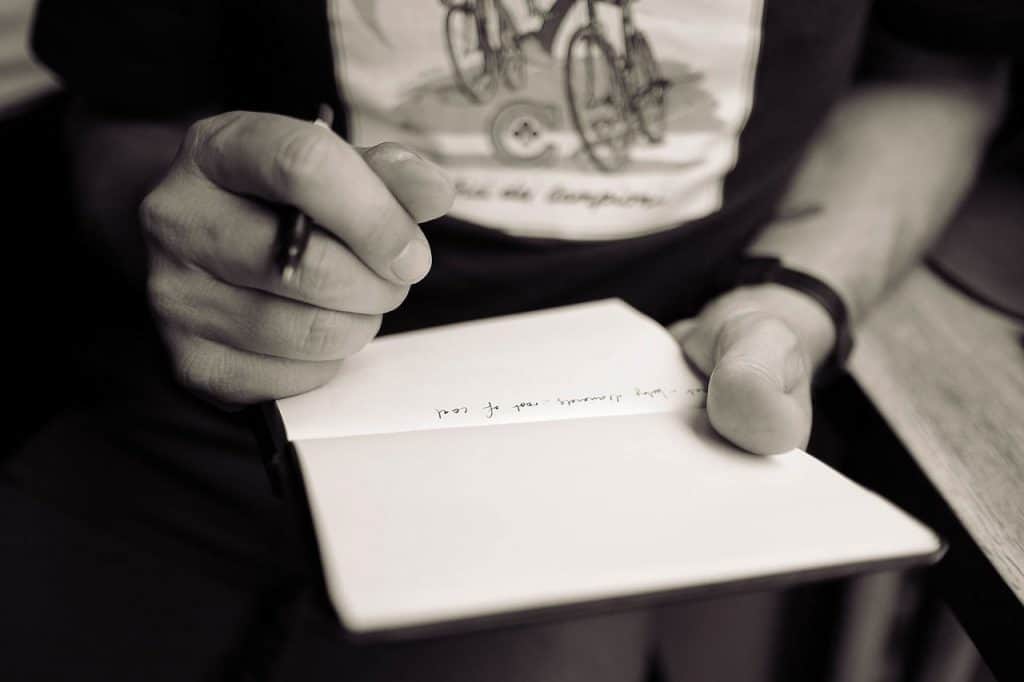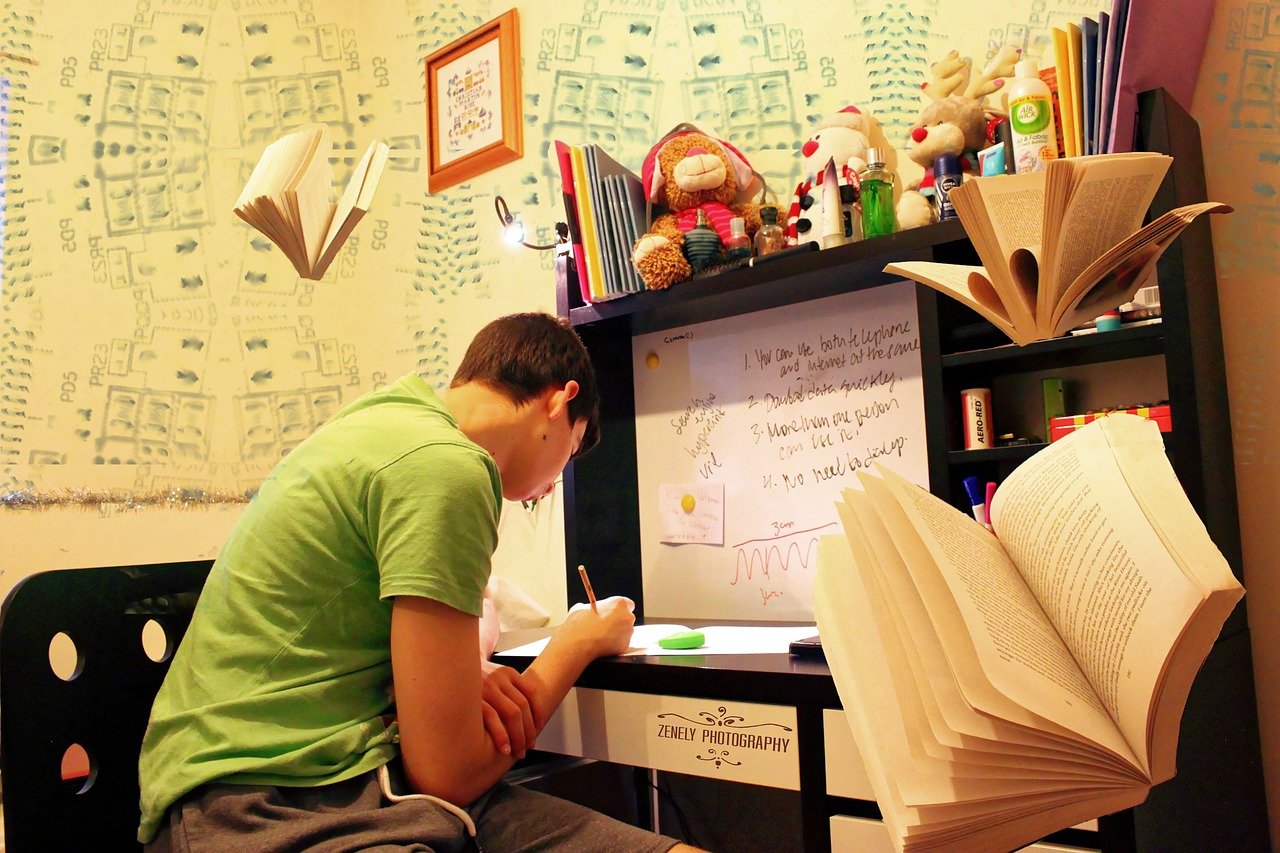Part 1 of this article can be found here.
5: For each topic
Make sure you know the main themes – get an over view by reading the introduction, headings, principal themes, sub headings, charts, graphs, diagrams, conclusion and summary. As you then start working through the material you have a framework for how it all fits together. Maybe using word association and mnemonics can help your memory.
Having an understanding of the headings and sub topics gives you order that can help you in retaining the material.
You may like to write out a course summary because this will help you to remember the overall content of the course.
You can’t remember everything so skim through the material and decide what to focus on. Your teacher may be able to help by telling you what is most important.
Rather than read passively through the material, you can make notes and reduce and reduce them so a whole topic is summarised in a few points. You may like to take this summary page to the exam centre. Obviously you can’t use it in the exam room, but you can keep looking at it while you wait and as soon as the exam starts you can try to remember as much as possible and copy it into the back of the exam booklet so you can refer to it as you write your answers.
When revising, make sure you spend time answering questions. Whilst reading is good, you must be active. So include in your revision schedule, time spent answering questions, writing essays, explaining and applying terms and answering past exam questions.
Write some questions on the left hand side of the page, and the answers on the right hand side. You can them review the material by covering the page and answering the questions. Testing yourself on what you have just learnt is a much better way of embedding this knowledge in your brain. Researchers at Washington University found that the group who had tested themselves recalled 61% of a passage, against 40% of those who had read the passage through 3 times.
If you are outgoing and sociable you’ll be happiest revising with others, but if you are more quiet, do your revision alone.
If you can, do read a bit beyond the set books. If you can add something in to the exam which is outside the usual you are likely to get bonus marks.
6: When you don’t understand the subject
As you start thinking about the exams you may be aware that you don’t really understand a topic sufficiently and need some additional help. Firstly, talk with you teacher/ tutor as they may be able to explain some of the more difficult aspects for you.
You may also be able to get some help from an older student or friend to help mentor you.
Sometimes it can be worthwhile to choose a paid tutor.
7: Look after your health
Extensive study can put a lot of stress on our bodies so you need to look after yourself to avoid infection.
Sleep – make sure you sleep for 6-8 hours a day.
Eat nutritious food – get your 5 portions of fruit and vegetables
Take some time out in the fresh air each day and take time for exercise. A 10 minute walk between study sessions may be perfect.
If you are feeling stressed or anxious, talk with friends and family. They can then think how best to support you.
8: The night before the exam
Review your notes but DO NOT try to learn anything new, you want to reinforce what you do know not scare yourself with what you don’t.
Stick to key points and summaries.
Go to bed at a reasonable time and get some sleep.
If you begin to panic, say STOP out loud to break the pattern.
Use the power of psychology
Successful sport people will day dream about winning, they visualise themselves achieving their goal. You can do the same – each evening, when you go to bed, make a movie in your head of the exam, imagine you are having a really great exam. What do you see? What can you hear? What can you taste or smell? Notice how calm you are! You have been successful, how does this feel? Run this movie through your head again – make it bigger, brighter, sharper. Think about how great that feels. Pinch your finger and thumb together each time you feel it.
On the day of the exam you can pinch your finger and thumb together again and remember this feeling of confidence – now you are ready to go!
Part 3 will be published in 3 days.





